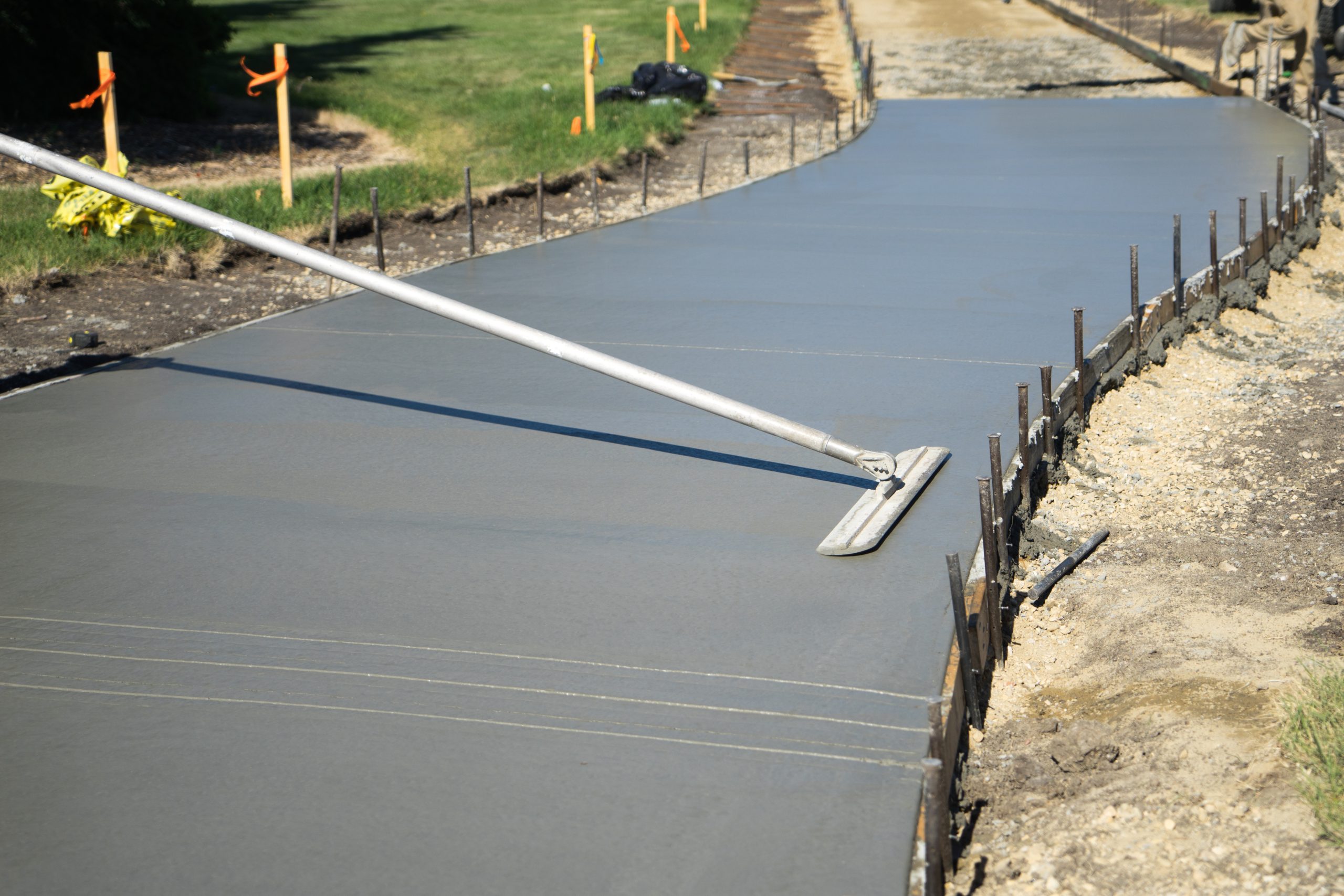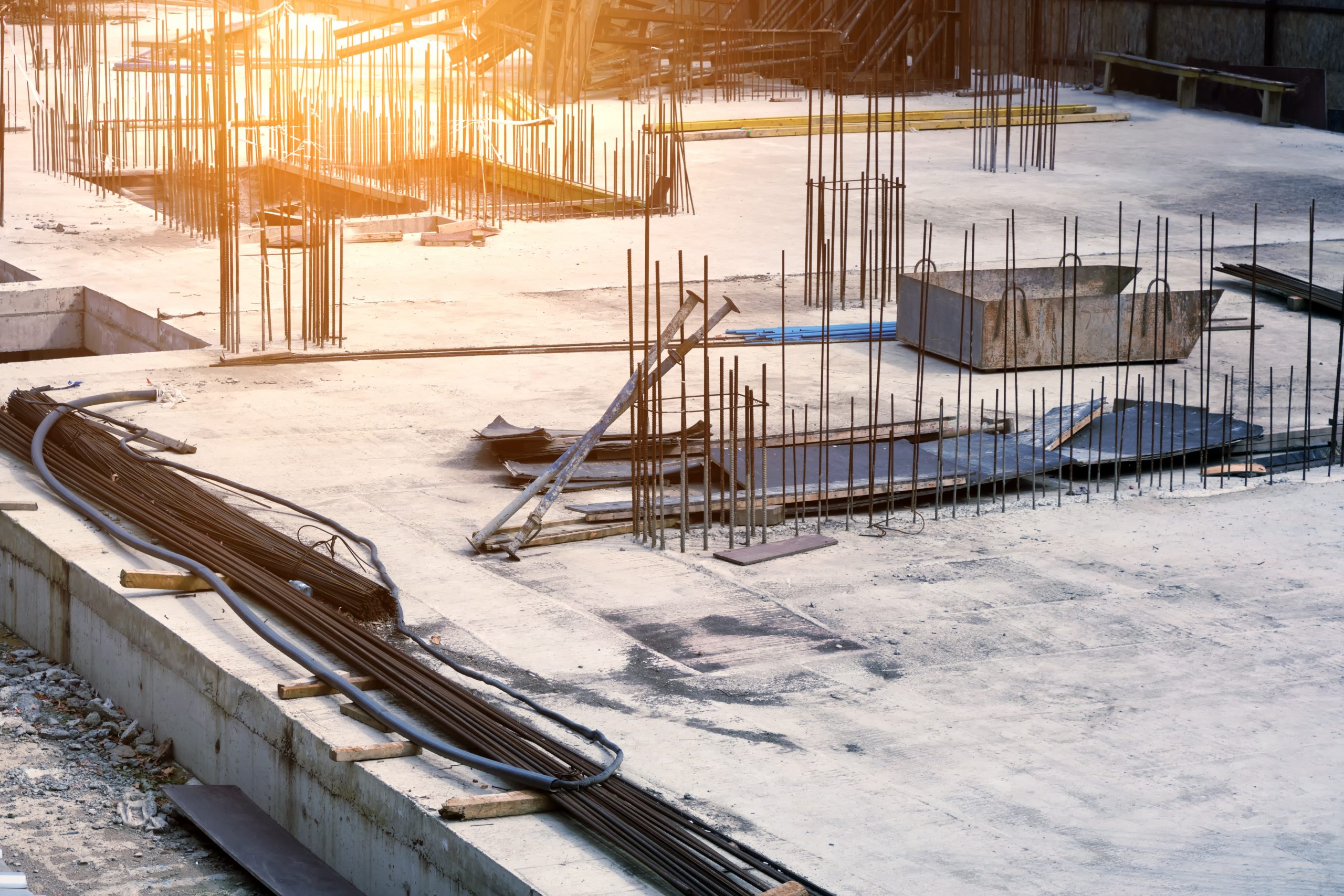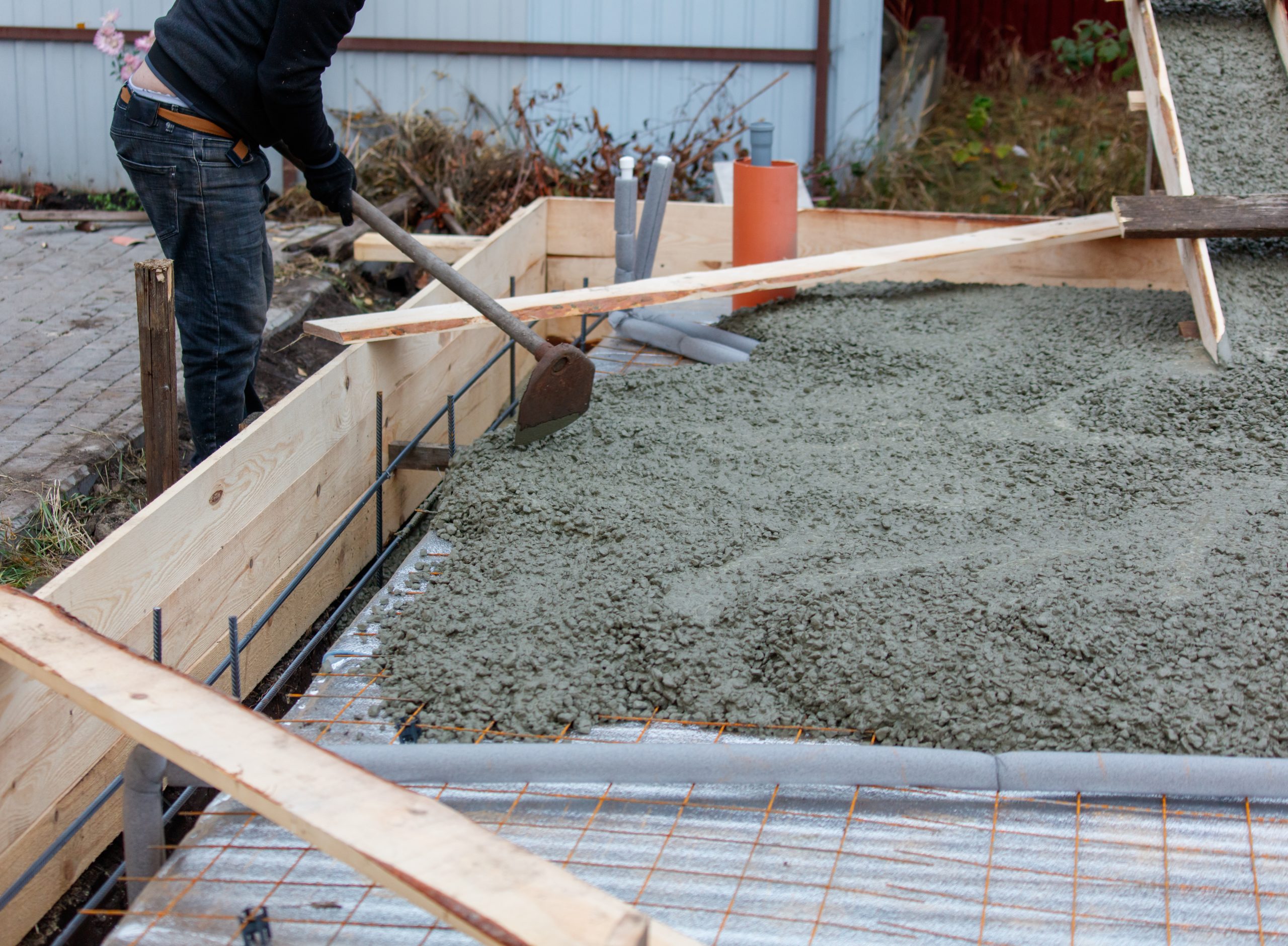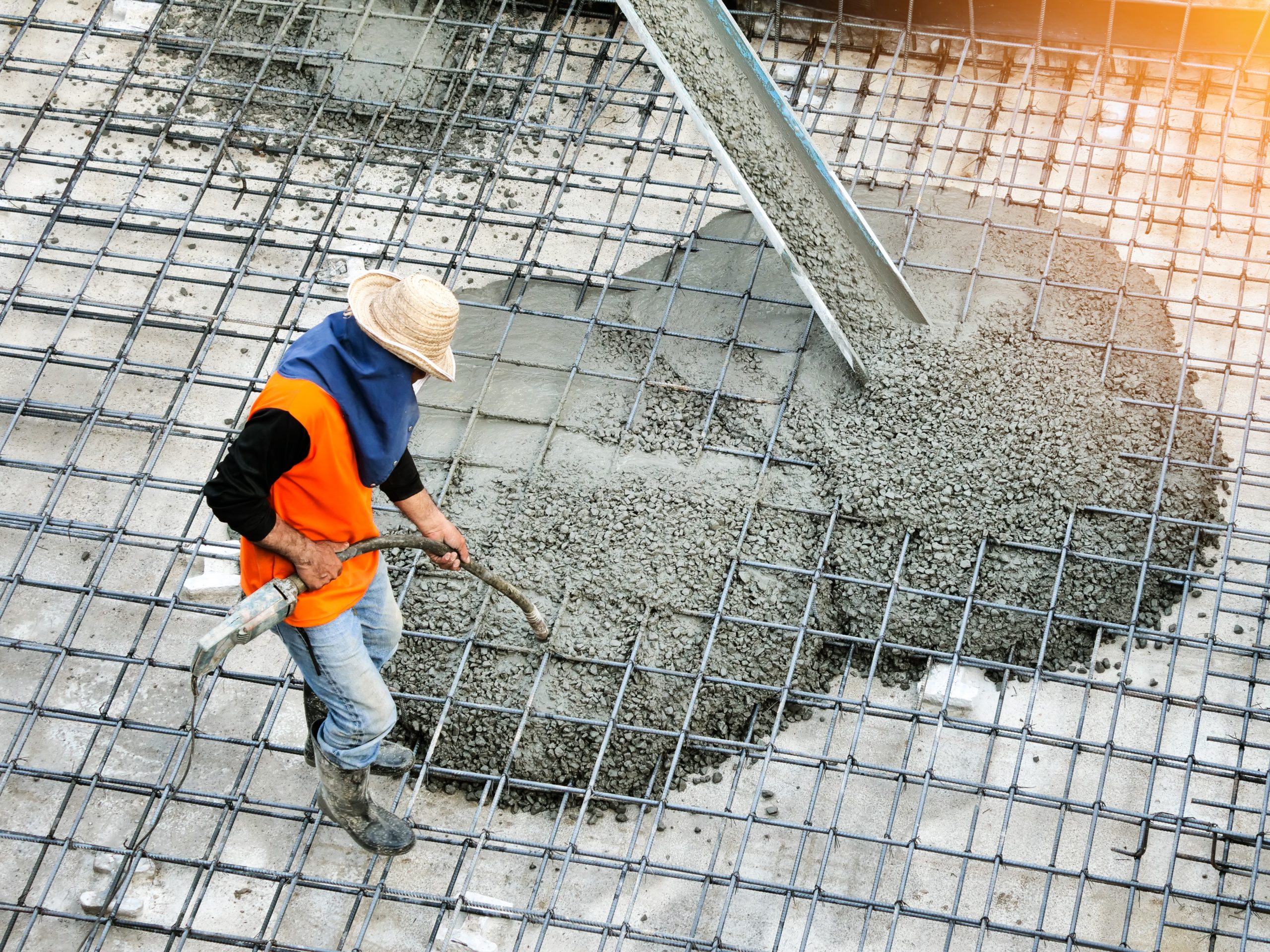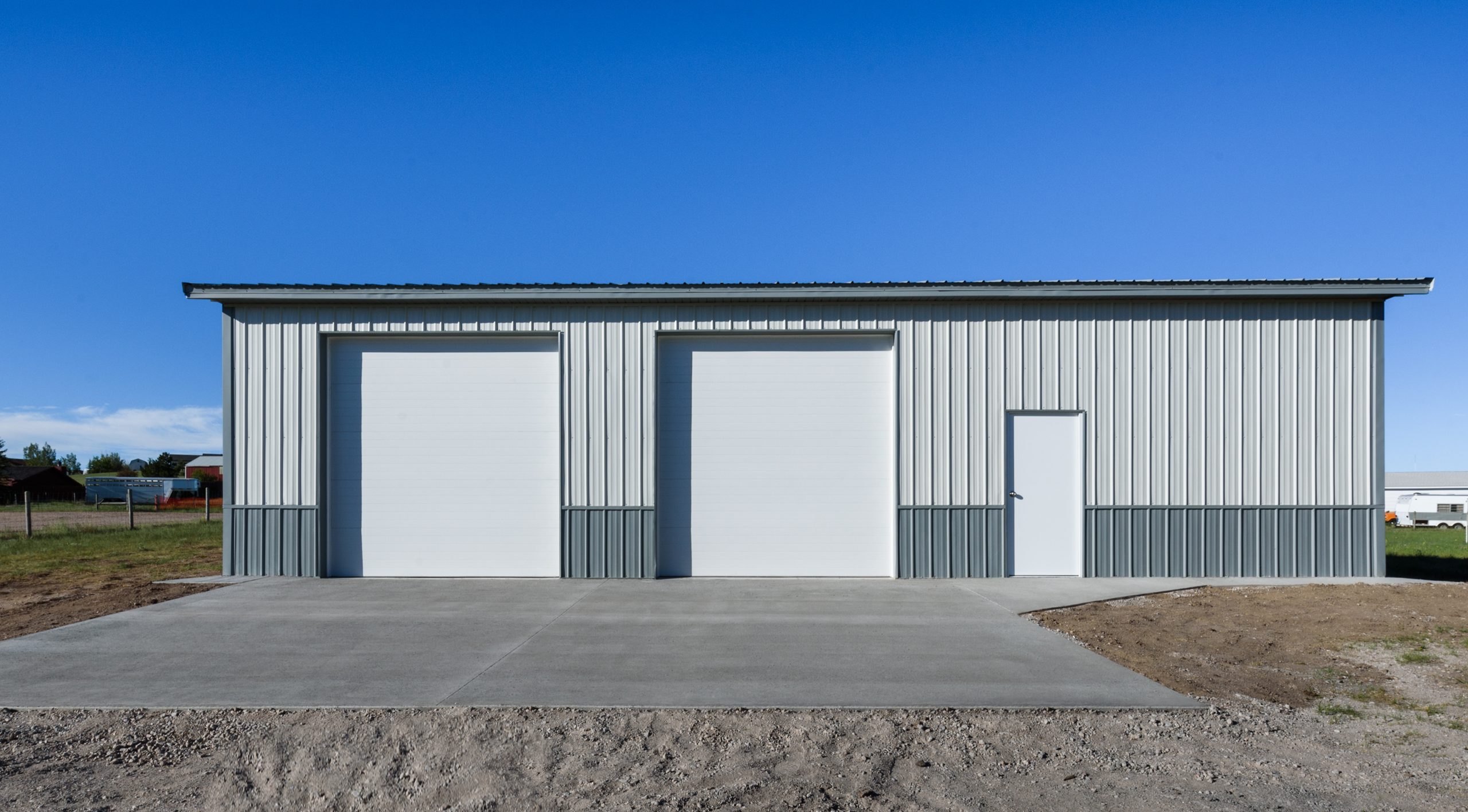Can Stamped Concrete Sidewalks Handle Wisconsin Winters? Waukesha Experts Weigh In
When it comes to designing durable and attractive sidewalks, concrete sidewalk stamping is a popular choice for Waukesha homeowners and businesses. Stamped concrete offers a blend of beauty and practicality, mimicking high-end materials like brick, slate, or stone at a fraction of the cost. But with Wisconsin’s harsh winters, many property owners wonder if stamped concrete can stand up to the freezing temperatures, snow, and ice.
The answer is a resounding yes—when installed correctly and maintained properly, stamped concrete sidewalks can handle Wisconsin winters with ease. In this blog, we’ll delve into the benefits of stamped concrete, how it withstands winter conditions, expert tips for keeping your sidewalk in great shape throughout the year, and insights from professionals who specialize in Waukesha’s unique climate challenges.
Why Choose Stamped Concrete for Your Sidewalks?
Stamped concrete isn’t just about aesthetics; it’s also a durable and versatile material that works well in challenging climates. Here are some of the key advantages:
- Durability: Stamped concrete is built to last, even in high-traffic areas. It’s designed to handle the stress of daily wear and tear.
- Weather Resistance: When sealed properly, it can resist moisture infiltration, which is critical during freeze-thaw cycles. This resistance also protects against damage from heavy snow and ice.
- Customizable Designs: From cobblestone to woodgrain patterns, you can create a unique look that complements your property and enhances curb appeal.
- Cost-Effective: Compared to natural stone or brick, stamped concrete offers a similar appearance at a lower price point, making it an accessible option for many property owners.
In addition to these benefits, stamped concrete is environmentally friendly when compared to some alternatives, as it uses fewer resources during production and installation.
The Impact of Wisconsin Winters on Concrete
Wisconsin winters bring a mix of freezing temperatures, snow, and ice, which can pose challenges for any outdoor surface. Here’s how these factors affect concrete:
- Freeze-Thaw Cycles: Repeated freezing and thawing cause concrete to expand and contract, which can lead to cracking if not properly prepared. This cycle can be especially damaging to unsealed or poorly installed concrete.
- Deicing Chemicals: Rock salt and other deicers can damage unsealed concrete surfaces over time, leading to pitting and scaling. While these chemicals are effective for melting ice, their long-term impact on concrete can be severe if no protective measures are taken.
- Moisture Infiltration: Water seeping into concrete can freeze and expand, causing further structural issues. Without a proper sealant, this moisture build-up can create weak spots in the concrete, reducing its overall lifespan.
Stamped concrete sidewalks, however, are designed to resist these challenges when installed with care and sealed properly. The right preparation ensures that your sidewalks can endure even the harshest winters.
How Stamped Concrete Handles Winter Challenges
Stamped concrete sidewalks in Waukesha are built to withstand harsh weather conditions, provided you follow these best practices:
- Proper Sealing: A high-quality sealer protects the surface from moisture, deicing chemicals, and UV damage. It’s essential to reseal the surface every few years to maintain its integrity and appearance. Without sealing, even the best-installed concrete may suffer from weather-related wear.
- Use of Air-Entrained Concrete: Air-entrained concrete contains tiny air bubbles that allow the material to expand and contract without cracking during freeze-thaw cycles. This feature is especially important in regions like Waukesha, where temperatures fluctuate frequently during winter.
- Professional Installation: Expert craftsmanship ensures the concrete is poured, stamped, and finished correctly, minimizing the risk of future issues. Professionals also know how to prepare the base and reinforce the structure to handle heavy loads, snow, and ice.
By implementing these measures, stamped concrete becomes one of the most reliable materials for sidewalks in cold climates.
Waukesha Sidewalk Durability Tips for Winter
Here are some practical tips to enhance the longevity of your stamped concrete sidewalks:
- Apply a Quality Sealer: Seal your sidewalk before winter to protect it from moisture and deicing chemicals. A good sealer not only prevents water damage but also helps maintain the vibrant colors of the stamped design.
- Avoid Harsh Deicers: Use alternatives like sand or calcium magnesium acetate, which are less damaging to concrete. These options provide traction without compromising the integrity of your sidewalk.
- Shovel Snow Promptly: Clearing snow regularly prevents ice buildup and reduces the need for deicers. Use a plastic shovel to avoid scratching the surface.
- Repair Cracks Quickly: Address minor cracks as soon as possible to prevent them from expanding during freeze-thaw cycles. Quick repairs save time and money in the long run.
- Schedule Regular Maintenance: Periodic inspections and resealing can extend the lifespan of your sidewalk. Working with local experts ensures that your concrete remains in top condition year-round.
- Avoid Heavy Impacts: Refrain from using heavy equipment or tools on your sidewalk during winter, as they may cause chips or cracks.
How Custom Concrete & Stone Design Ensures Long-Lasting Sidewalks
At Custom Concrete & Stone Design, we specialize in creating weather-resistant concrete solutions tailored to Waukesha’s unique climate. Our team uses high-quality materials and proven techniques to deliver stamped concrete sidewalks that combine beauty and durability. Here’s what sets us apart:
- Experience: With over 30 years of expertise, we understand the specific challenges of Wisconsin winters. Our team knows how to design and install sidewalks that last.
- Custom Designs: We offer a wide range of patterns and colors to match your property’s aesthetic. Whether you prefer a classic or contemporary look, we can bring your vision to life.
- Local Knowledge: As a Waukesha-based company, we’re familiar with the region’s weather and soil conditions. This insight helps us deliver solutions that stand the test of time.
By combining technical expertise with local understanding, we provide stamped concrete sidewalks that not only look stunning but also perform exceptionally well.
FAQs About Stamped Concrete in Winter
1. Can stamped concrete crack during winter?
While any concrete surface is susceptible to cracking, proper installation and maintenance significantly reduce the risk. Using air-entrained concrete and applying a sealer are key steps to prevent damage.
2. How often should I reseal my stamped concrete sidewalk?
It’s recommended to reseal your sidewalk every 2-3 years, or more frequently if you notice signs of wear. Regular resealing helps maintain both durability and appearance.
3. What is the best way to clean stamped concrete during winter?
Use a plastic shovel for snow removal to avoid scratching the surface, and avoid harsh chemicals when cleaning. Warm water and a mild detergent work well for spot cleaning.
4. Are there eco-friendly options for winter maintenance?
Yes, using sand or non-toxic deicing products can provide traction without causing damage to your stamped concrete.
Invest in Stamped Concrete Sidewalks That Last
Stamped concrete sidewalks offer a perfect blend of durability, functionality, and aesthetic appeal, making them an excellent choice for Waukesha properties. With proper care and expert installation, your sidewalk can handle the toughest Wisconsin winters while maintaining its beauty year-round.
If you’re ready to upgrade your sidewalks with high-quality stamped concrete, contact Custom Concrete & Stone Design today. Our team is here to help you create a stunning and resilient outdoor space that stands the test of time. Reach out for a consultation and discover how we can transform your property.

